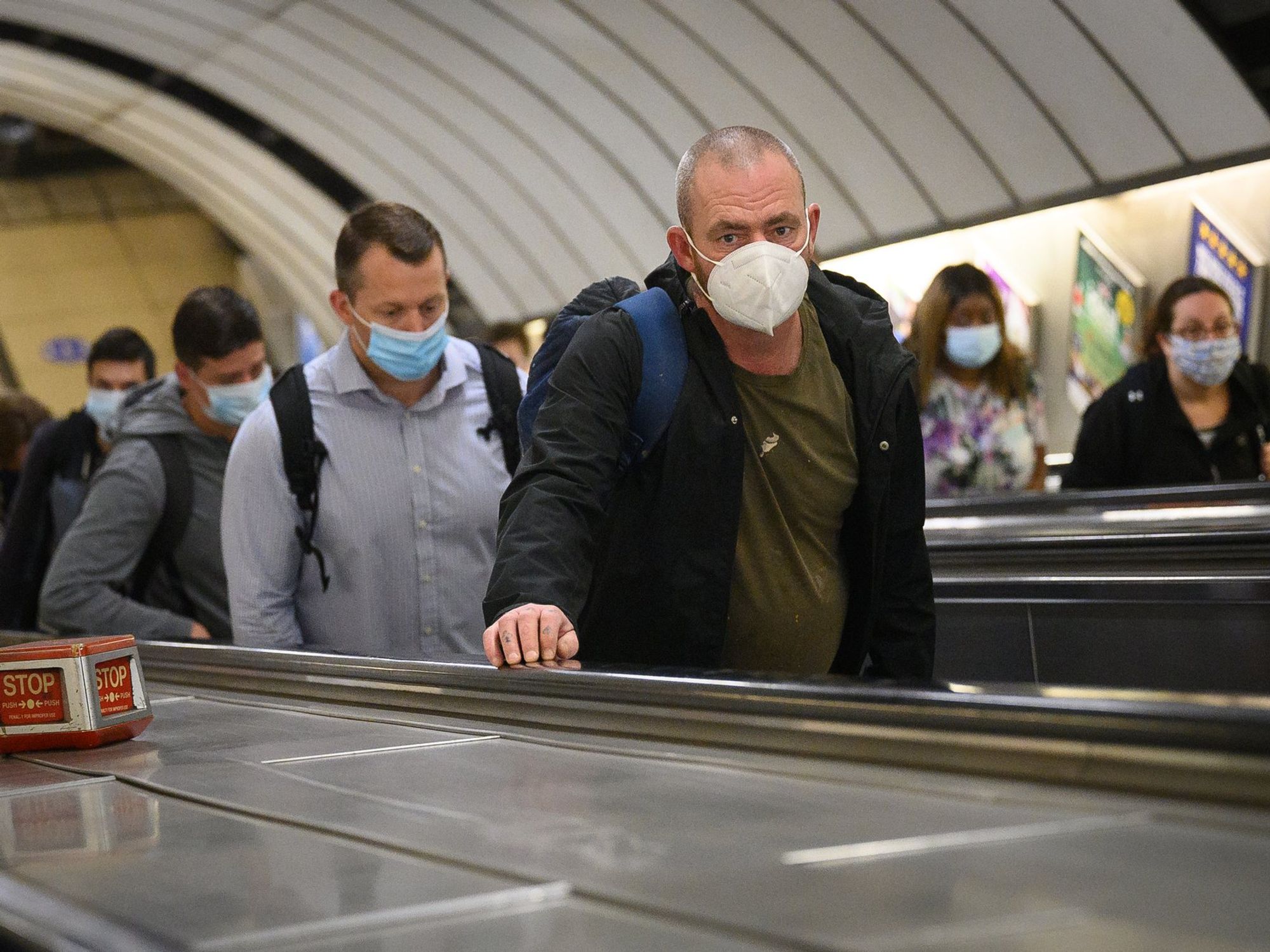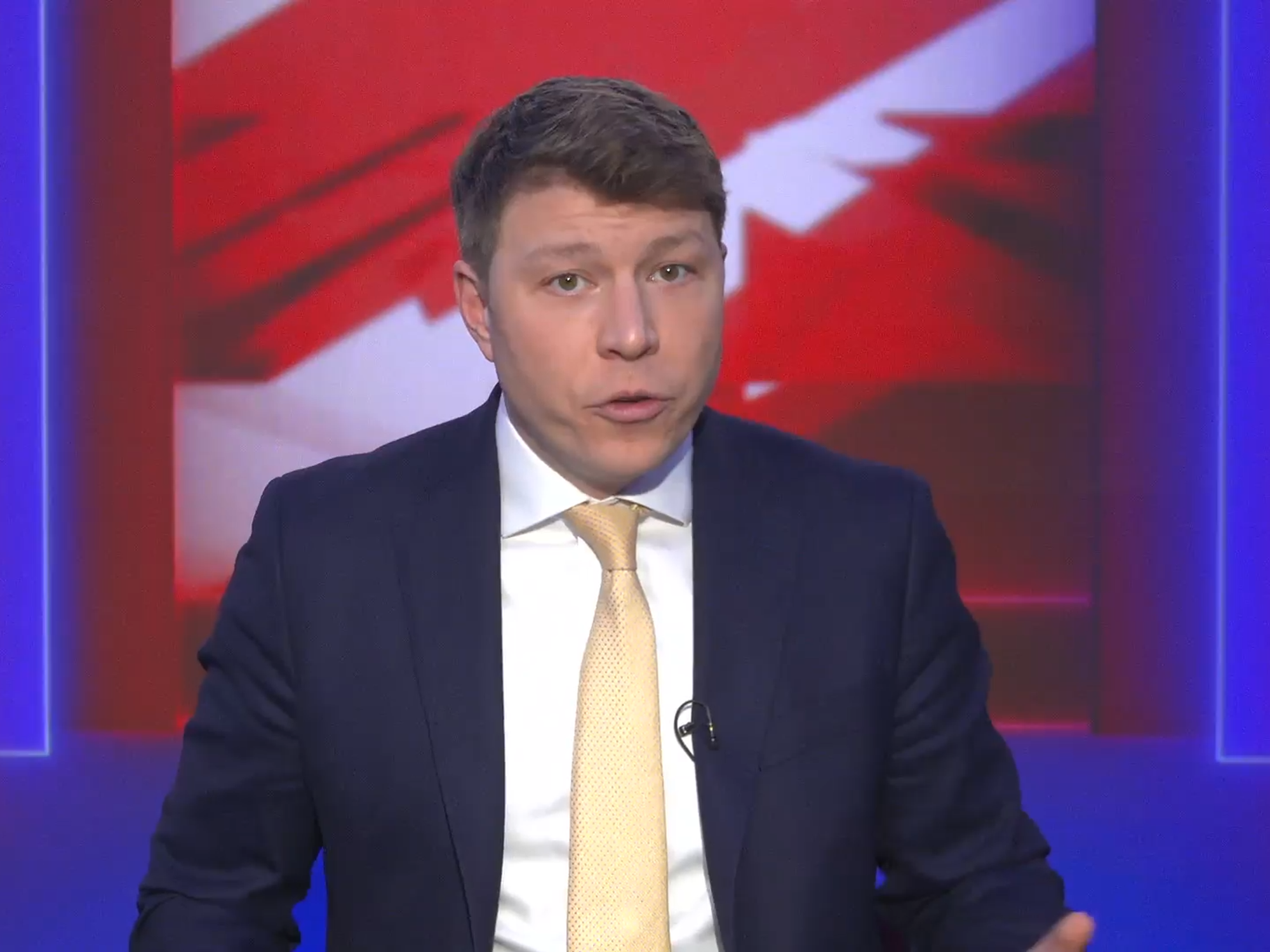Rachel Reeves risks war on motorists ahead of Budget with fuel duty and pay-per-mile car tax changes

Rachel Reeves will deliver the Autumn Statement next Wednesday as drivers await looming changes
Don't Miss
Most Read
Labour’s first Budget will be unveiled one week from now and British motorists are still none the wiser about what to expect. Will prices rise? Could costs finally fall? Will nothing at all change?
Many experts have remarked that Chancellor Rachel Reeves could roll out several changes that hammer motorists in a bid to fill a gaping black hole in public finances left by the previous Conservative Government, worth at least £22billion.
While nothing has been confirmed, it is assumed that a few things could be in the firing line. Measures impacting fuel duty, car tax, insurance and potholes could all be inside the Budget red box.
Petrol and diesel drivers will be dismayed that fuel duty is the most likely motoring issue to be in the firing line. Data from the Campaign for Better Transport states that the Treasury has spent £133billion on freezing fuel duty since 2011.
Do you have a story you'd like to share? Get in touch by emailing motoring@gbnews.uk
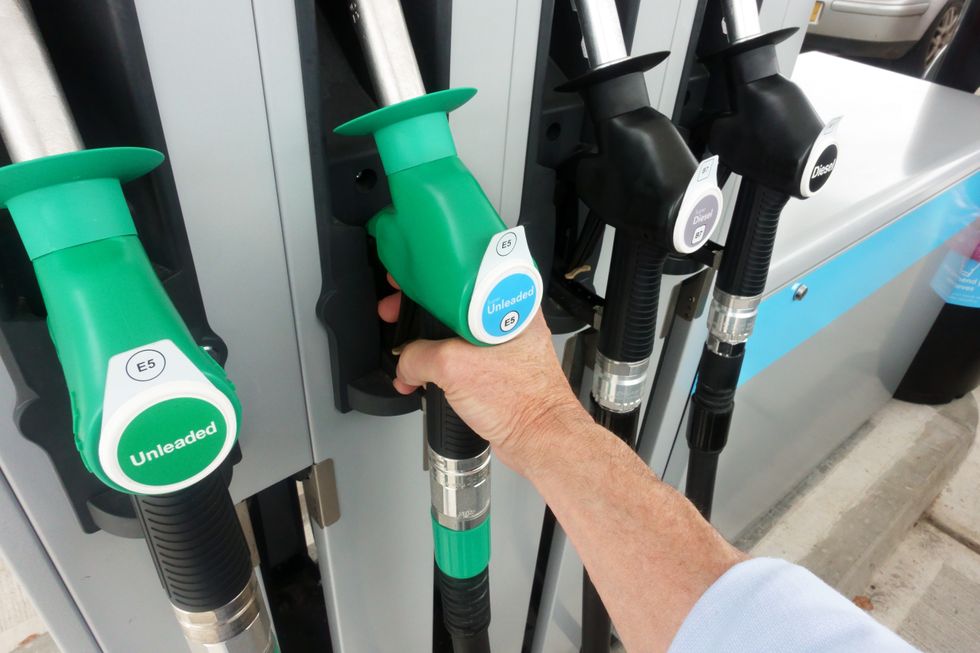
Petrol and diesel prices have dropped dramatically since the start of the year
| GETTYRishi Sunak, as Chancellor, was the first person to cut the rate of fuel duty in March 2022 following the devastating invasion of Ukraine by Russian forces the month prior. The five pence per litre cut was extended twice, with the measure expiring next March.
Rachel Reeves has several options regarding fuel duty. She could leave the issue until March, when it will naturally expire. Another option is to remove the freeze and reimpose the original 57.95p rate.
The choice that could annoy and impact the most drivers in one fell swoop is to scrap the freeze and hike rates. Rumours have been swirling about a 7p hike, while others have predicted an inflation-based rise. In previous years, experts even predicted a jump of 23p, which failed to materialise.
This would understandably make drivers furious. However, the last two years of lower fuel duty rates have not had the desired effect. Major retailers and supermarkets failed to pass on savings to motorists to the tune of £900million in 2022 alone.
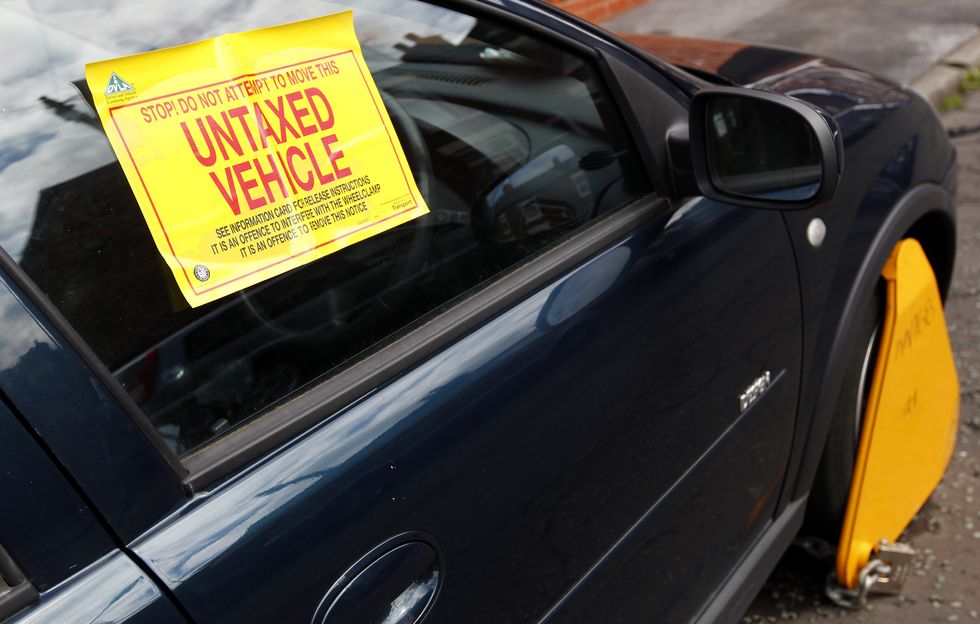
Pay-per-mile car taxes would replace the current system of Vehicle Excise Duty
| PAA fuel duty cut would see prices rise at forecourts after falling all year. However, analysts predict that it wouldn't hit drivers as hard since the savings were never truly passed on to Britons.
An HM Treasury spokesperson told GB News: “Following the spending audit, the Chancellor has been clear that difficult decisions lie ahead on spending, welfare and tax to fix the foundations of our economy and address the £22 billion hole in the public finances left by the last Government. Decisions on how to do that will be taken at the Budget in the round.”
Road pricing is another fear for motorists. Experts have warned for years that electric cars will cause a headache for the Government thanks to fewer people paying for petrol and diesel, lowering fuel duty receipts.
With this in mind, road pricing measures, like a pay-per-mile scheme, could be used to ensure motorists pay taxes without an imbalance based on what car someone drives.
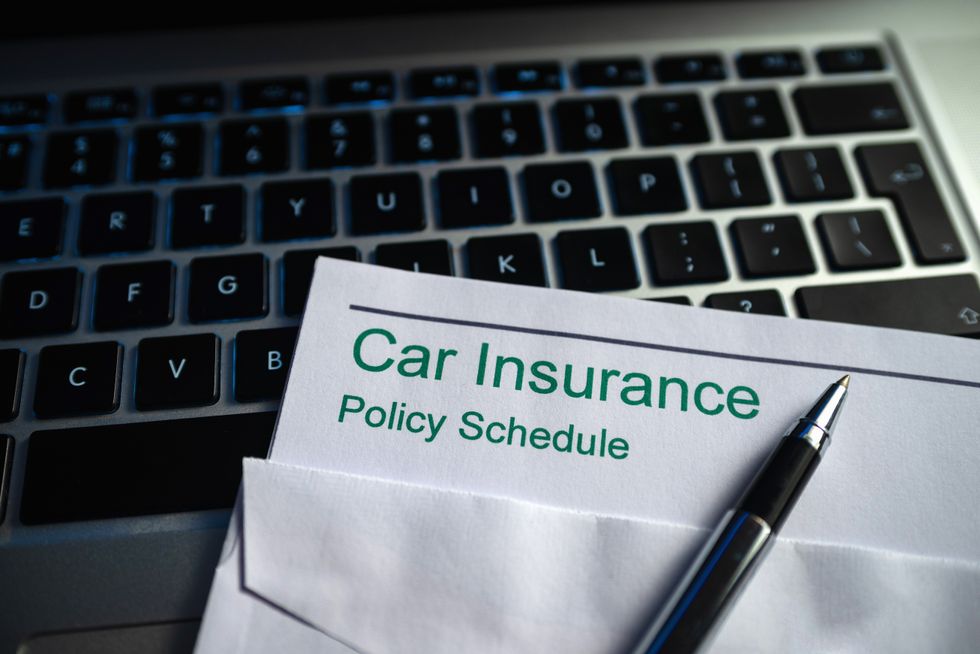
The FCA announced that it would investigate motor insurance policies
| GETTYVehicle Excise Duty will extend to electric cars next April, although this has been considered by some as a stopgap before larger changes are made to the system of taxation.
Multiple options from across the sector have considered what a ppm system could look like. Some have suggested a flat fee of 2p per mile, while others have stated that 15p per mile could work.
The Treasury previously told GB News that it would not be introducing a road pricing system in the Budget, despite officials previously warning that it should be a priority under the Tory administration.
Labour's lofty pledges, which helped them win over the electorate, also promised a review into why car insurance prices are so expensive, a return to the 2030 deadline to ban new petrol and diesel car sales, as well as support for the scourge of potholes.
LATEST DEVELOPMENTS:
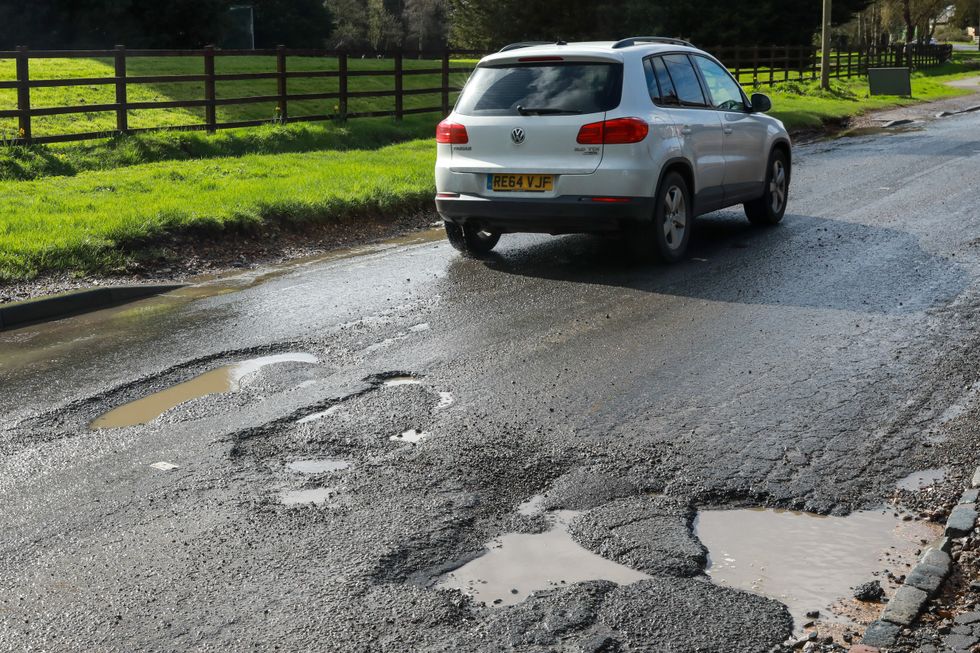
There are an estimated 11 million potholes on UK roads
| GETTYTransport secretary Louise Haigh launched a review last week calling for a crackdown on expensive insurance prices, with multiple organisations now investigating.
The potholes fund remains at £8.3billion despite some estimating that it could cost as much as £16billion to fill in all road defects. Further calls remain to help drivers with repair costs from potholes.
Next week’s tax hikes may not be the last. As Rachel Reeves warns Britons of tough decisions at the end of October, March could put even more pressure on motorists.






